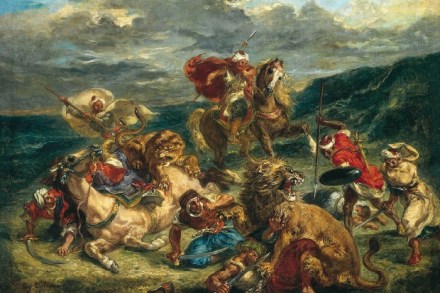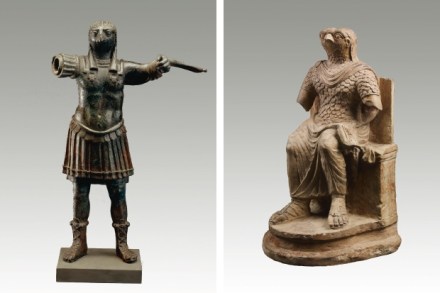Aristotle vs the civil service
The civil service is to be allowed to find out what job applicants’ ‘socio-economic background’ is. What abject drivel is this? Among all the different sorts of wisdom that Aristotle discussed, ‘practical wisdom’ was to the fore. It was for him neither a science nor an art, but ‘a reasoned ability to act with regard to the things that are good and bad for men’. It was especially vital for public servants. One of the characteristics of practical wisdom was the capacity for successful deliberation. This was not about understanding (which only passed judgment and did not come up with solutions); or cleverness (which was a means to an end, that









